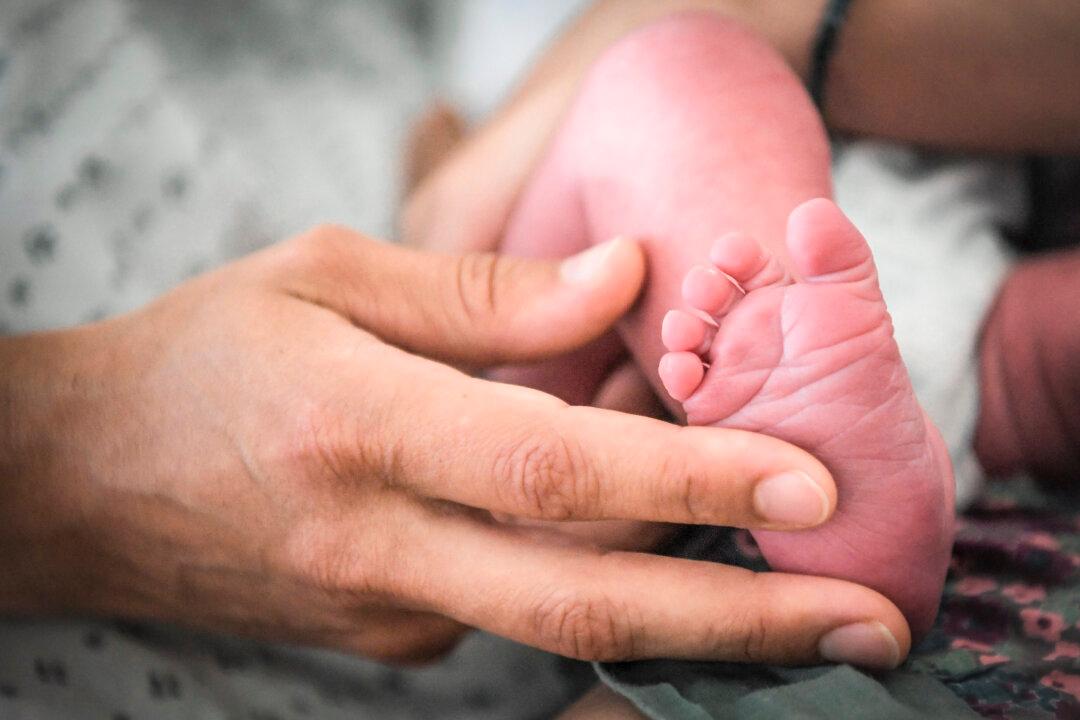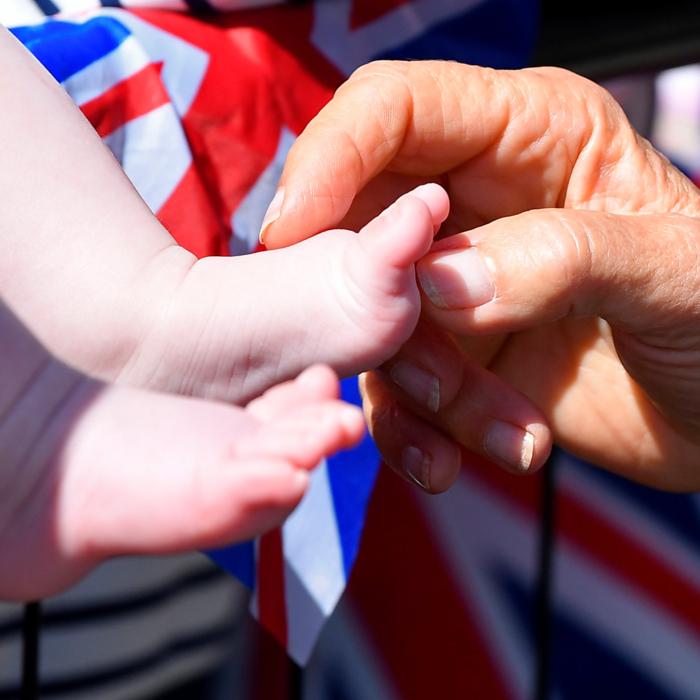Greece plans to invest 20 billion euros (about $22.1 billion) by 2035 in incentives aimed at reversing its population decline.
With a fertility rate of 1.3—one of the lowest in Europe and far below the 2.1 needed to maintain a stable population—the country faces a significant demographic crisis.
Greek Prime Minister Kyriakos Mitsotakis has previously called the country’s situation “a national threat” and a “ticking time bomb” for pensions.
‘Statistics and Forecasting Models Are Ominous’
Family and Social Cohesion Minister Sofia Zacharaki presented the plan on Oct. 2.“The statistics and forecasting models are ominous, but we must all make an extra effort to overcome,” she said.
“The ultimate goal is to improve the standard of living.”
Greece, often referred to as the cradle of Western civilization, has faced severe financial and societal challenges.

One Birth Per Two Deaths
In October 2023, Mitsotakis told a demographics conference that Greece effectively recorded just one birth per every two deaths in 2022.“Our people are one of the oldest in Europe. Greek women ages 20 to 40 declined by 150,000 over the past five years,” he said.
‘Most Serious Crisis Humanity is Facing’
Demography experts have expressed skepticism about the extent to which these plans can reverse the trend.Data scientist and demographer Stephen J. Shaw has warned that population decline is “the most serious crisis humanity is facing.”
“In fact, there’s evidence that this is exactly how civilizations end,” Shaw said, detailing that the Roman Empire in its latter stages had put in place policies to try to increase birth rates, including taxing the childless.

“There are Roman experts who put demography as one of the reasons that the Roman Empire—well, it didn’t fall overnight—it basically faded away. And that’s exactly what’s happening to us, now. We’re fading away. This is what it feels like to fade away.”
Shaw noted that a reason for declining birth rates is what he termed “baby shocks,” events in the global economy—such as oil or currency crises—that cause couples to delay having children.
There is no recovery from these shocks, according to Shaw, and these are what contribute to lifelong childlessness.
He said that prior to 1973, childlessness was “negligible” at less than 5 percent in the UK. Within three to four years, that proportion had increased to more than 20 percent, and the nation is now heading toward 30 percent lifelong childlessness.






